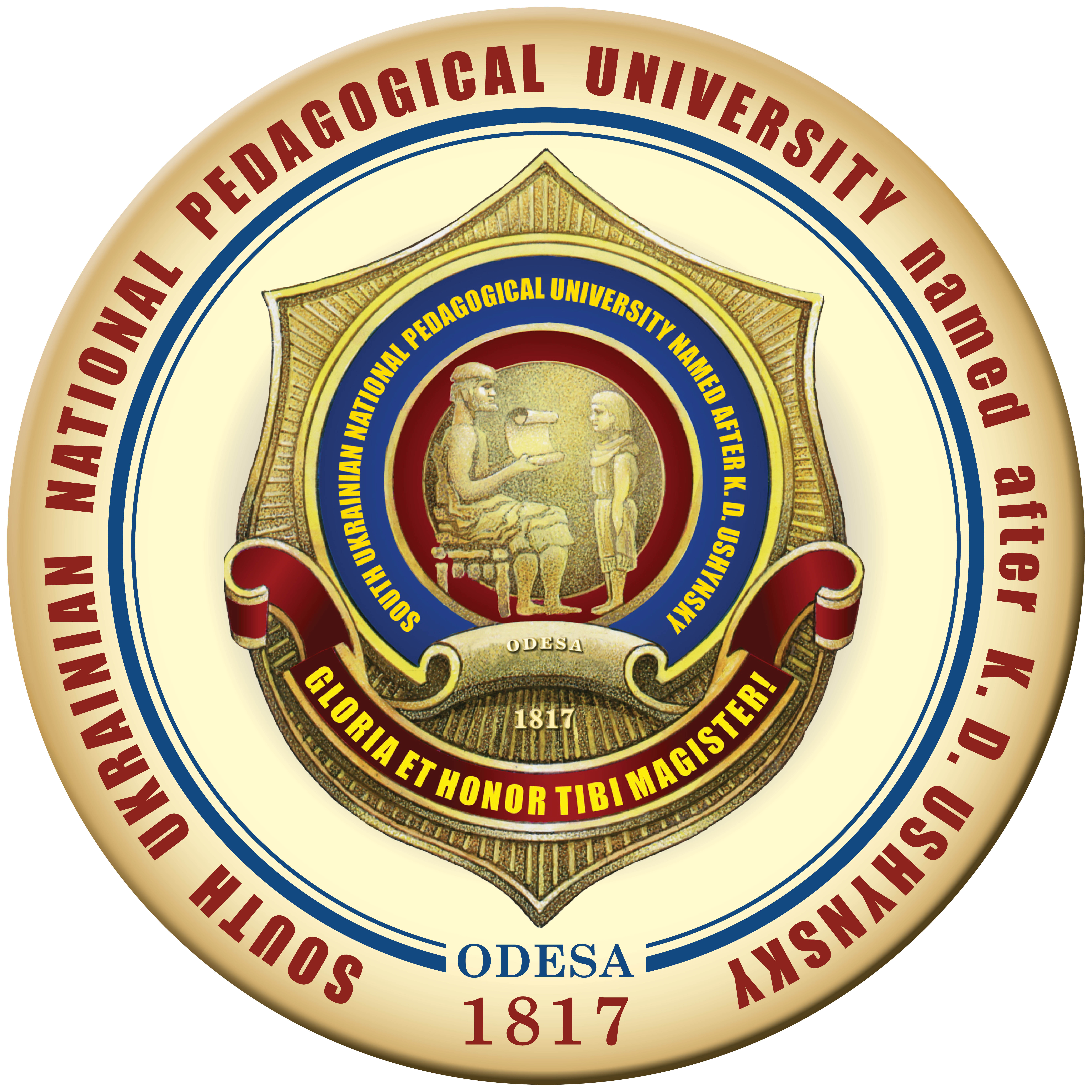ORGANIZATION OF SPORTS-ORIENTED PHYSICAL EDUCATION IN THE CALL ON THE PRIORITY USE OF SPORTS GAMES
DOI:
https://doi.org/10.24195/olympicus/2023-2-6Keywords:
sports, physical education, higher education institutions, sports games.Abstract
The article shows that, according to the theoretical and methodological concepts that have been developing in the country in recent years, it should be assumed that the methodology and organization of physical training of young people should be based on the concept of training as a single scientifically based concept of managing the development of human physical potential. Sport-oriented physical education has a very powerful value potential, which is due to the fact that the values of sport are similar to the same value orientations in any other activity. The functions of sports-oriented physical education are: educational (understanding the essence of a person as a socio-biological individual, rules for building the educational and training process, etc.); creative (talent combined with physical strength and health), health (harmony of physical and mental well-being), social (experience of interpersonal relationships), motivational (attitude to the personal level of sports training). The problem of physical education in higher education institutions is the persistent indifference to training sessions among 16.9 % of higher education students, 28.3 % of students do not feel their favorable influence, sometimes opposing them, and 22.6 % remain indifferent and inactive. In order to eliminate the current situation, the article formulates the basics of organizing sports-oriented physical education in higher education institutions on the priority use of sports games: free choice of physical culture and sports activities, organization of training influences, formation of training groups taking into account personal characteristics, physical fitness, motives and interests, optimality of training loads and their adequacy, continuity of regulated and independent forms of training, rejection of normative.
References
Закон про фізичну культуру і спорт від 24.12.1993 р. № 3809–XII. Дата оновлення 25.07.2021 р. / Верховна Рада України. URL: https://zakon.rada.gov.ua/laws/show/3808-12#Text (дата звернення: 10.06.2022).
Гладощук О.Г. Вищий навчальний заклад як середовище по формуванню фізкультурно-оздоровчої самоорганізації студентської молоді. Науковий вісник Ужгородського національного університету. Серія «Педагогіка. Соціальна робота». 2018. № 1. С. 292–295.
Донцов Д.А., Сагова З.А. Социально-психологическая диагностика спортивных групп и коллективов. Педагогика. 2018. № 8. С. 38–43. 4. Мосейчук Ю.Ю. Теоретико-методологічні основи формування культури здоров’я у майбутніх учителів фізичної культури : монографія. Чернівці : Місто, 2018. 436 с.
Олексин І.Я. Спортивна та фізична активність в контексті способу життя сучасної людини. Вісник Житомирського державного університету імені Івана Франка. Серія «Філософські науки». 2019. № 86. С. 61–70.
Олійник І.С., Дорошенко Е.Ю. Соціометричні показники в системі оцінки психологічного клімату волейбольної команди. Спортивний вісник Придніпров’я. 2018. № 3. С. 93–98.
Подгорна В.В., Дроздова К.В. Загальногуманістичний підхід до підготовки фахівців у галузі фізичної культури і спорту. Науковий часопис Національного педагогічного університету імені М.П. Драгоманова. 2019. Вип. 66. С. 166–169.
Вплив силових тренувань на психоемоційний стан студентів / В.В. Подгорна та ін. Перспективи та інновації науки. 2021. № 5 (5). С. 542–554.
Вплив специфіки спортивної діяльності на виховання міжособистісного спілкування та колективної взаємодії студентів / В.В. Подгорна та ін. Modern management: theories, concepts, implementation : Monograph / Editors: Marian Duczmal, Tetyana Nestorenko. Opole : The Academy of Management and Administration in Opole, 2021. P. 286–294.
Тіняков А.О. Психолого-педагогічний потенціал фізичної культури і спорту у вихованні навичок лідерства студентів вищих навчальних закладів. Теорія і практика управління соціальними системами. 2016. № 3. С. 23–32.
Фурдуй С.Б., Ніфака Я.М. Роль фізичної культури в процесі соціалізації студентської молоді. Молодий вчений. 2018. № 1 (53). С. 395–399.







